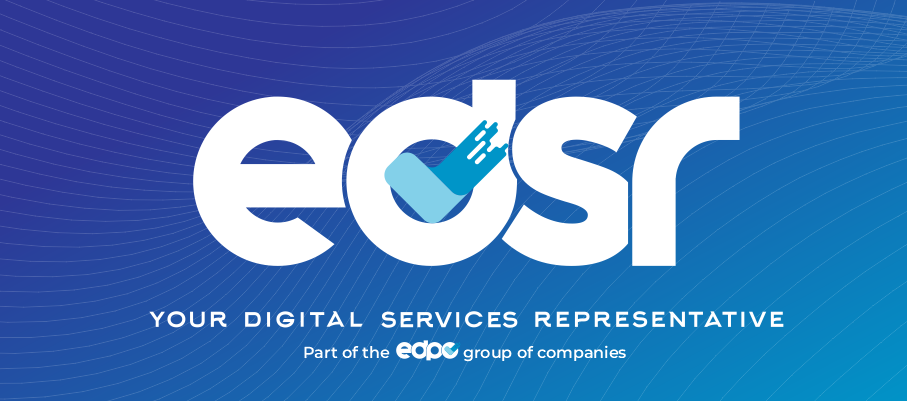DSA Legal Representative
![]()
The EU’s Digital Services Act: Understanding its Impact and the Role of the Legal Representative
Introduction
The Digital Services Act (DSA), in tandem with the Digital Markets Act (DMA), represents a transformative legislative movement within the European Union (EU) that aims to streamline digital regulation. The DSA’s primary goal is to forge a safer and more accountable digital space where fundamental rights are robustly protected. This article offers an exploration of the DSA, emphasizing the responsibilities of intermediary service providers and the critical function of legal representative in ensuring adherence to compliance mandates.
Understanding the DSA
The DSA is a key component of the EU’s digital strategy and focuses on online intermediaries and platforms. Its fundamental aim is to shield users from illegal online activities and combat disinformation. By aligning with the DMA, the DSA adopts a forward-thinking stance, striving to establish a reliable digital sphere that harmonizes market innovation with user protection. For legal professionals, understanding the nuances of this regulatory framework is imperative, as it sets the tone for future digital governance.
The DSA applies to intermediary service providers that offer their services in the Union, irrespective of where they have their place of establishment. It becomes applicable to all intermediary service providers on 17 February 2024. However, it has been in effect since August 2023 for Very Large Online Platforms (VLOPs) and Very Large Online Search Engines (VLOSEs), both of which are defined as platforms with over 45 million EU users. This staggered approach allows entities time to adapt to the new regulation, highlighting the EU’s commitment to a smooth transition into this more regulated digital environment.
Intermediary Service Providers and their DSA Obligations
Intermediary service providers range from providers of hosting services and online platforms to search engines, including VLOPs and VLOSEs. Their obligations are specifically tailored to the nature, size, and impact of their services within the digital ecosystem. This differentiation ensures that regulatory measures are both balanced and proportionate, avoiding a one-size-fits-all approach.
DSA obligations for providers of intermediary services include flagging illegal content online, tracing sellers to combat scams, implementing transparency measures and bolstering the protection of minors.
A Look at the DSA Legal Representative
Article 13 of the DSA mandates the appointment of a legal representative by intermediary service providers which do not have an establishment in the EU, but which offer intermediary services in the EU.
The role of the legal representative involves facilitating cooperation with authorities of Member States, the Commission, and the European Board for Digital Services. Legal representatives do not create an establishment in the EU for intermediary service providers based outside the EU, but their designation does confer competence to the Member State where they are located.
The legal representative’s role is pivotal in ensuring compliance with the DSA. Its responsibilities include being addressed on all issues necessary for the receipt of, compliance with and enforcement of decisions issued in relation to the DSA.
Intermediary service providers must appoint their legal representative in writing and inform the Digital Services Coordinator in the Member State where that legal representative resides or is established of the legal representative’s name, postal address, email address, and telephone number. It is their duty to ensure this information is public, easily accessible, accurate, and regularly updated.
Intermediary service providers that fail to appoint a legal representative may face significant legal and regulatory repercussions. Without the representative, all Member States, or the Commission if the provider is a VLOP or a VLOSE, will have powers to supervise and enforce the DSA. Moreover, failure to comply with an obligation under the DSA can lead to fines that can reach up to 6% of the service provider’s global annual revenue. Additionally, if the violation continues, there may be an added penalty of up to 5% of the average daily global turnover.
DSA Enforcement Mechanisms
Enforcement of the DSA involves a synergistic effort between the European Commission and the Digital Services Coordinators that are designated at the national level. The Commission’s role is to supervise VLOPs and VLOSEs and address systemic risks. The Digital Services Coordinators oversee service providers within their own jurisdiction and have specific investigative powers. This dual approach aims to ensure that enforcement is both broad and nuanced and that it caters to the diverse landscape of digital services.
Conclusion
The DSA marks a critical advancement in the regulation of the digital domain within the EU. For intermediary service providers, comprehension and compliance with the DSA, especially regarding the legal representative requirement, are paramount. As the DSA becomes fully operational, it is essential for legal professionals, compliance officers, and digital services experts to keep abreast of these developments to ensure their organizations are compliant and uphold the fundamental rights enshrined in the DSA.

